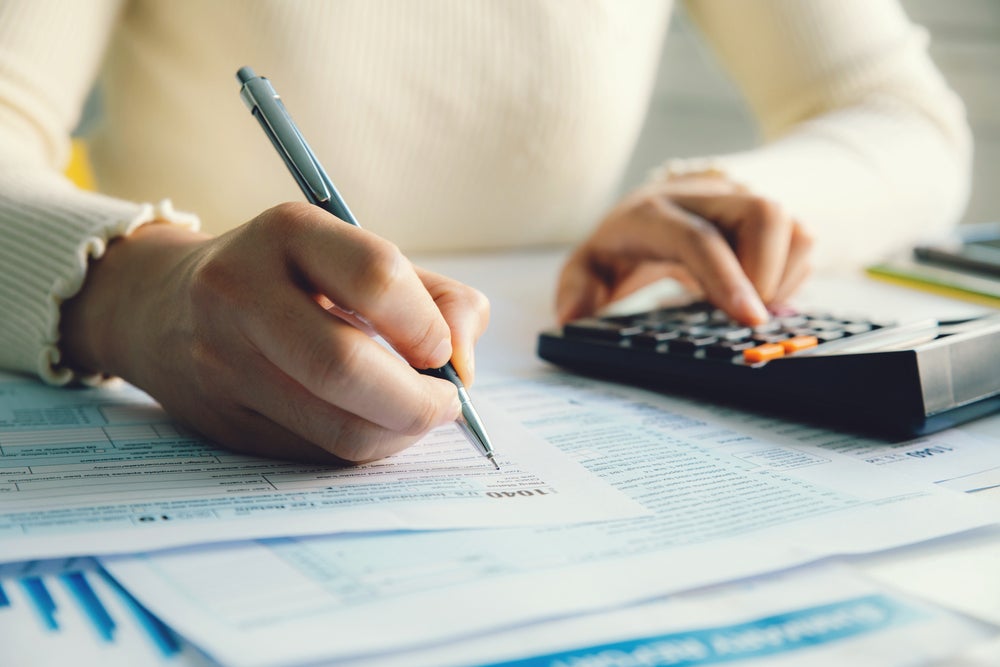Small business tax accountants: Introduction
As any owner of a small business will attest, doing company taxes can be complicated and, well, taxing.
With so many deductibles, costs and financial considerations to include, completing tax returns can be labyrinthine.
One way to navigate this process is to ensure you have the most efficient, experienced, and expert small business tax accountant on board.
When looking to secure the services of small business tax accountants, businesses should consider what they need, how complex their financial landscape is, and what potential pitfalls should be factored in.
Our buyer’s guide is designed to provide advice and assistance for buyers searching for the most proficient small business tax accountants.
As we will proceed to discuss, having the right accountant making the most informed decisions can be extremely beneficial to any business.
Who can benefit from our Buyer’s Guide
Though our buyer’s guide is of value and interest to any small business owner, it is of particular value to:
- Small to medium-sized enterprises (SMEs) seeking to optimise their tax positions.
- Start-ups requiring guidance on tax structures and obligations.
- Established businesses looking to refine their tax strategies and compliance.
- Entrepreneurs who need to understand the tax implications of their business decisions.
Understanding small business tax accountant expertise
Securing the services of the best small business tax accountant can be a critical first step to ensuring your tax issues are dealt with in a professional and timely manner.
Depending on the nature, scope, and value of your business operation and transactions, it is important to identify the exact expertise your enterprise needs and how you wish to maximise your tax return efficiency.
Even small businesses need tax accounting that goes beyond what would be considered the most basic service. Ultimately, any small business tax accountant search should focus on employing a tax professional who understands not just tax issues, but how they are connected to your strategic business goals.
Key attributes and competencies of small business tax accountants
Focusing on the key attributes and services you require from your small business tax account is essential.
During any search for this financial service provider, decision-makers should consider the following:
Specialisation in small business taxation
Small business tax accountants who specialise in small business tax accounting may sound axiomatic, but it matters.
Specifically qualified to have a deeper understanding of the issues that specifically affect SMEs, their financial acumen will be more aligned with your business needs.
Tax qualifications and credentials
Just like accountants for larger corporations, you should ensure that any small business tax accountants you are considering are qualified chartered accountants or certified public accountants.
Certification is essential, as is their ability to demonstrate a range of relevant experience in small business tax matters.
Current industry knowledge
Nothing stays the same forever, and tax laws are no different.
With laws, regulations, and compliance in an ever-shifting landscape, it is important to seek out small business tax accountants with knowledge of all the latest information.
Being fully cognisant of all the latest tax regulation changes and updates and how they impact small businesses is of paramount importance for your accountant and your tax affairs.
Proactive tax planning
Having a proactive, rather than necessarily reactive, business tax plan is an asset for any small business tax accountant.
As well as the ability to be financially efficient on behalf of your business, the best accountants can legally minimise corporate tax liabilities and take advantage of available tax reliefs, all of which can save time, money, and stress.
Leading systems and solutions for small business tax accountants
There is a vast range of available systems, software, and solutions available to small business tax accountants.
These include, but are not limited to:
- Tax compliance and reporting services
- Tax return preparation and filing
- Strategic tax planning and advice
- Bookkeeping and financial record maintenance
- Payroll tax management
- VAT advice and administration
- Capital gains tax planning
- Corporation tax calculations
- Self-assessment tax returns for business owners
- Advice on tax-efficient business structures
- R&D tax credit applications
- Assistance with tax authority audits and inquiries
- International tax advice for businesses with cross-border operations
- Succession planning and inheritance tax advice
Latest technological advancements in small business tax accounting
Along with many other parts of running an enterprise, small business tax accounting continues to be altered and progressed by technological advancements.
Increasing numbers of experienced tax accountants for small businesses are now harnessing the power of cutting-edge tax software and a range of digital accounting tools.
Some of the current elements being used to enhance accuracy, augment efficiency, and deliver industry compliance include:
- Cloud-based accounting platforms
- Artificial intelligence (AI) for predictive analysis
- Automation of routine tasks
Small business tax accountants: Our conclusion
When evaluating potential small business tax accountants, consider their use of technology and how it can benefit your business.
A forward-thinking accountant will not only utilise technology to streamline processes but also provide strategic insights that can lead to tangible tax savings and business growth.
In conclusion, the selection of a small business tax accountant is a decision that should not be taken lightly. It requires careful consideration of the accountant’s expertise, services offered, and technological capabilities.
By following the guidance provided in this article, businesses can ensure they partner with a tax professional who will contribute significantly to their financial health and compliance.
References
- HM Revenue & Customs (https://www.gov.uk/government/organisations/hm-revenue-customs)
- The Institute of Chartered Accountants in England and Wales (https://www.icaew.com/)
- The Association of Taxation Technicians (https://www.att.org.uk/)




